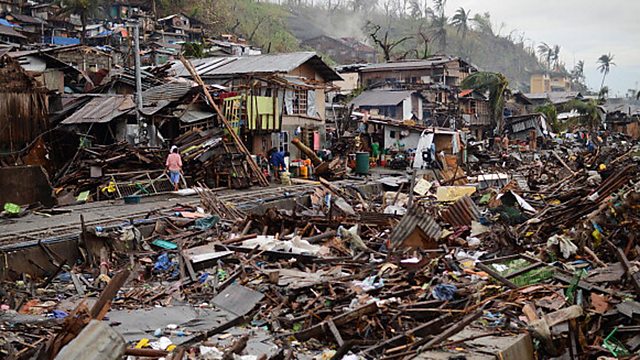SMS Code of Conduct
SMS texts have been very useful after disasters, to help locate the injured and save lives. But is there now a need for a code of conduct for digital emergency responders?
Mobile phones have helped to save lives and locate the injured trapped under rubble in the aftermath of typhoons and earthquakes. The work of organisations such as Frontline SMS and Ushahidi has demonstrated the potential for simple tools like mobile phones, SMS and mobile phone platforms to help in the aftermath of a disaster. But since the Haiti earthquake the number of digital volunteers has grown enormously. Digital humanitarians are increasingly entering a crowded arena, and it has been suggested that these well-meaning volunteers, sometimes monitoring and sending texts or tweets for example, complicate the work of established emergency and relief agencies. In a special edition of the technology programme, Click examines the evolution of the digital disaster response. Do digital volunteers help or hinder relief efforts after a disaster, and is there a need for a code of conduct?
(Caption: Residents clear debris near the shoreline on 23 November, 2013 in Tacloban, Leyte, Philippines, Credit: Getty Images)
Last on
More episodes
Previous
Next
Broadcasts
- Christmas Eve 2013 20:32GMT大象传媒 World Service Online
- Christmas Day 2013 02:32GMT大象传媒 World Service Online
- Christmas Day 2013 09:32GMT大象传媒 World Service Online
- Sun 29 Dec 2013 04:32GMT大象传媒 World Service Online
- Sun 29 Dec 2013 23:32GMT大象传媒 World Service Online
Podcast
-
![]()
Digital Planet
Technological and digital news from around the world.


